In the penultimate episode of The Last of Us Season 2, time folds in on itself. Across five years of memories, we finally learn what fractured Joel and Ellie—the small betrayals, the bigger truths, and the unbearable love that bound them too tightly. From birthday cakes to bullet wounds, this masterful chapter unfolds like a moth’s wings: delicate, deliberate, and destined to end in flame. As past joy collides with future vengeance, the episode reminds us that love is not what saves us. It’s what we pay for.
A birthday, a guitar and the moon
The episode opens not with death, but with tenderness. Joel, in quiet moments, prepares a gift for Ellie’s 15th birthday—a cake, a handmade guitar, and a plan to surprise her with the remnants of the old world. What follows is one of the most radiant scenes in the show’s history: a trip to a forgotten science museum where Ellie dons an astronaut helmet, climbs into a lunar capsule, and escapes Earth for a few precious minutes with a Walkman playing the Apollo 11 launch. It’s not just fan service—it’s emotional architecture. A cathedral of joy built on the ruins of the world.
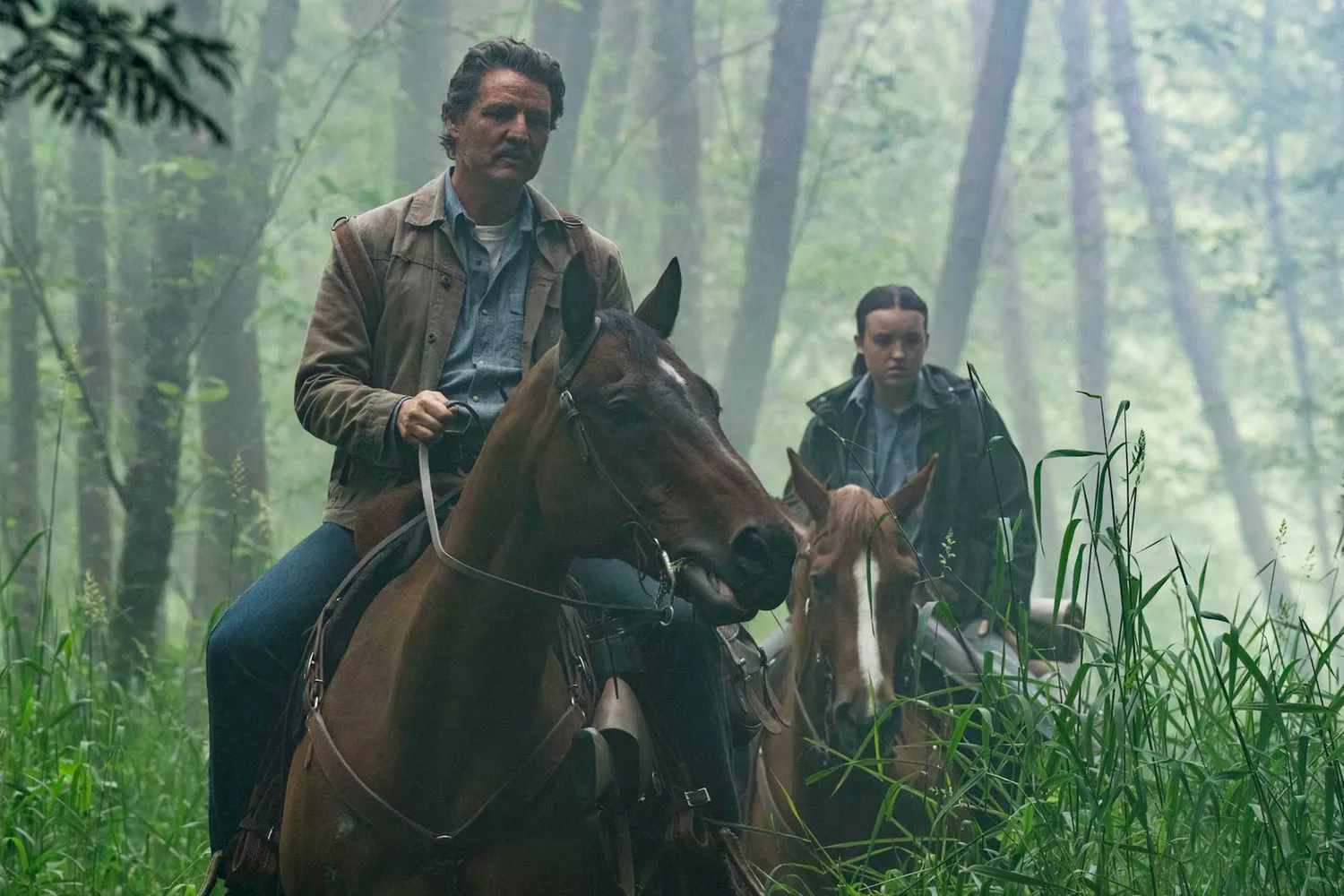
Joel’s love for Ellie radiates through these moments, not in grand speeches but in details: how he sands a bone saddle for her guitar, how he watches her eyes light up beneath the stars. This isn’t the hardened smuggler we met in Season 1. This is a father, reclaimed and rebuilt. And as Joel sings Pearl Jam’s “Future Days” to Ellie, her expression says everything. This is her anchor, her protector, her purpose. And yet, already, a shadow begins to fall.
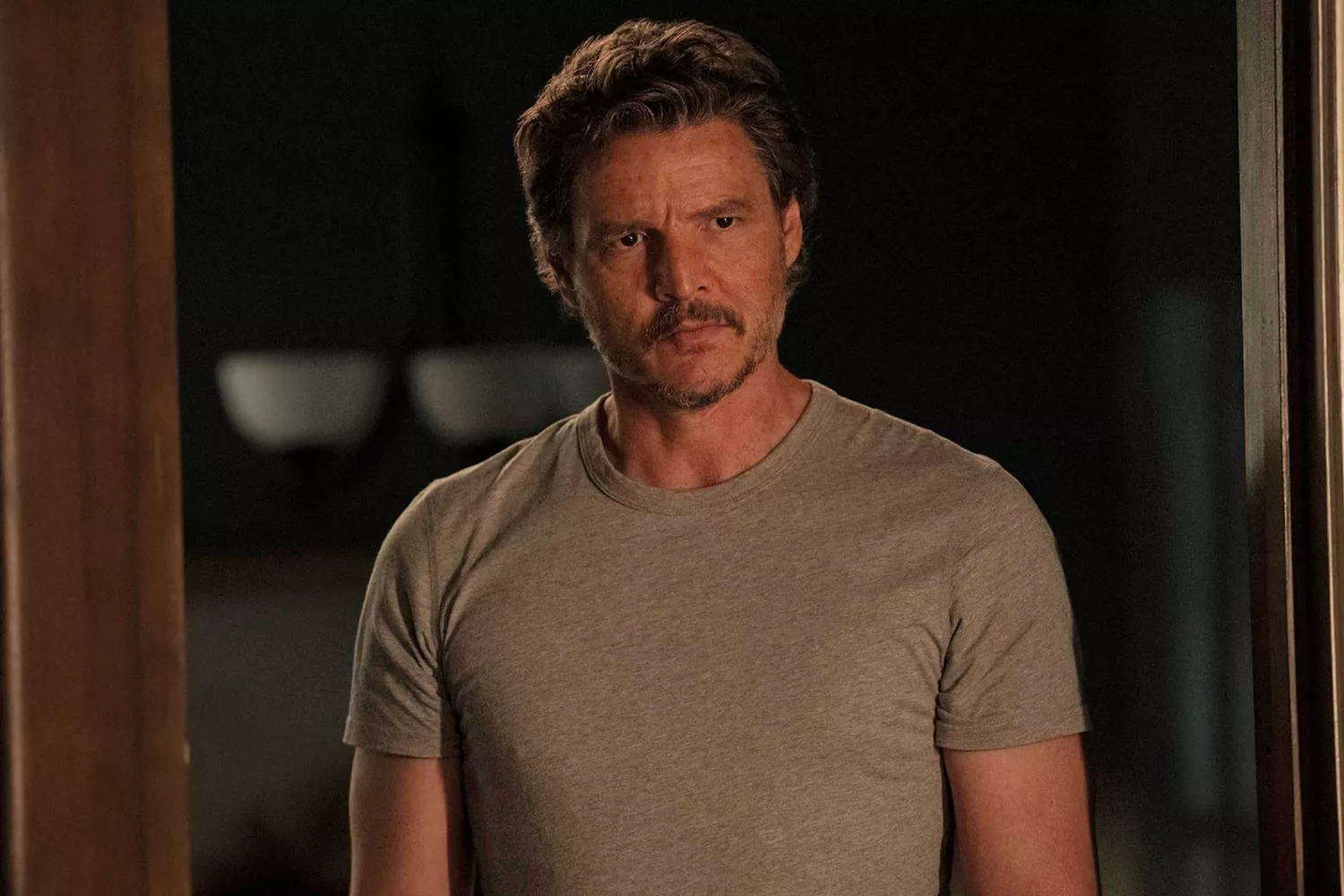
The lie that broke them
With each passing birthday, Ellie grows, and so does the distance between them. When she turns 17, Joel returns home to find her high, tattooed, and tangled in teenage chaos. It’s a moment of tension, but also revelation. Ellie is not drifting—she is evolving. And Joel, desperate to preserve the girl he saved, begins to resist the woman she is becoming.
Then comes the day that changes everything. On patrol, they encounter Eugene, a beloved townsperson who has been bitten. Ellie pleads for Joel to give Eugene a chance to say goodbye to his wife. Joel promises to do so. But as Ellie walks away, he executes Eugene in secret—deciding, once again, what someone else’s ending should look like. When Ellie exposes the truth to Eugene’s wife, the fallout is instant. Gail’s grief erupts in a slap. Ellie’s pain lands even harder: “You swore.”
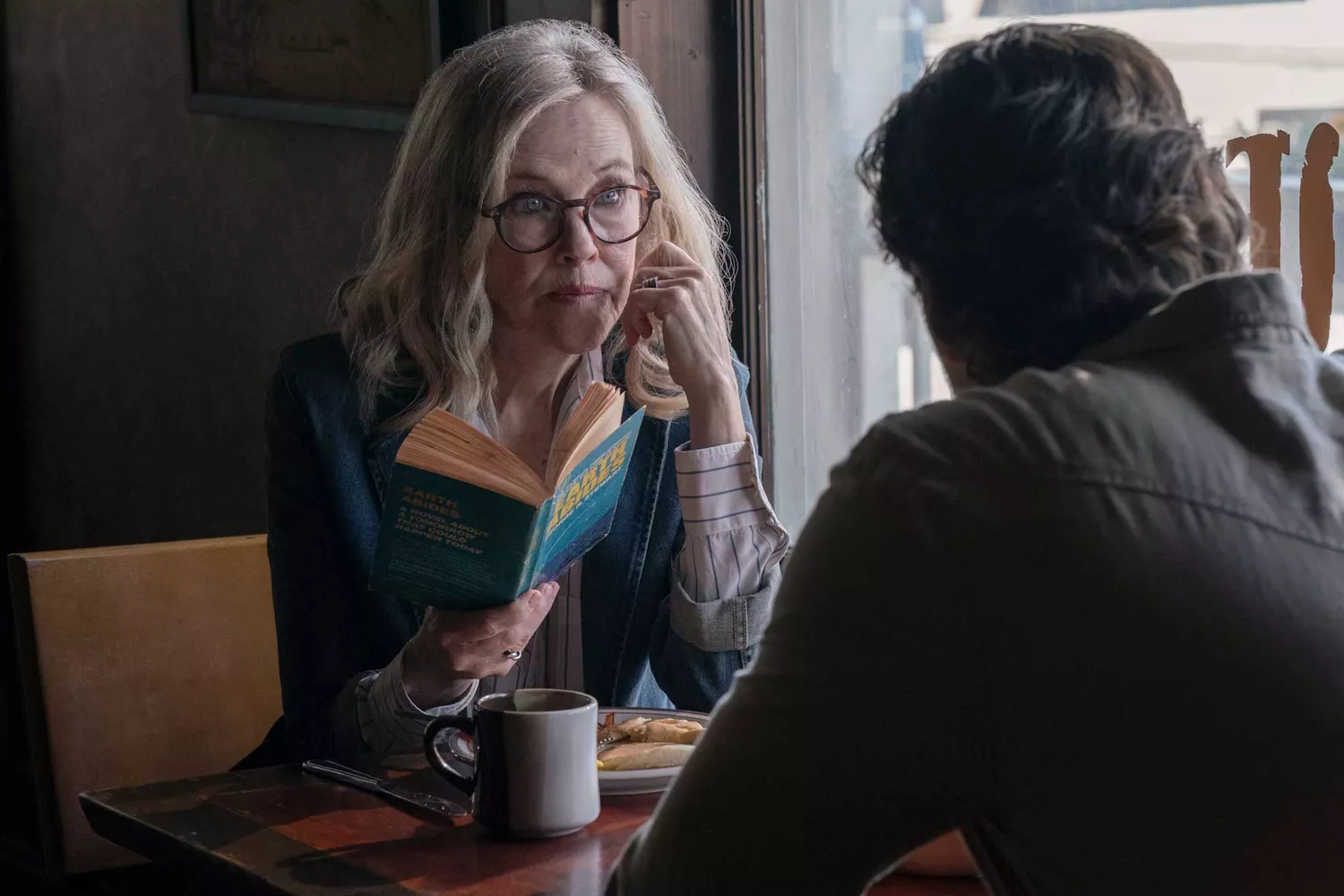
It’s not just about Eugene. It’s about Salt Lake City. It’s about the hospital. It’s about every time Joel told Ellie what she needed to hear instead of what was true. And now, for the first time, she says the words he’s feared: “You took my purpose away from me.”
Forgiveness on the Edge of Goodbye
Joel and Ellie’s New Year’s Eve confrontation is the emotional climax of the season. Joel, weathered and weary, finally admits the truth. Yes, the Fireflies could have made a cure. No, there were no raiders. Yes, he chose to save her—and yes, he’d do it again. It is the hardest thing for Ellie to hear and the only thing she ever wanted him to say.
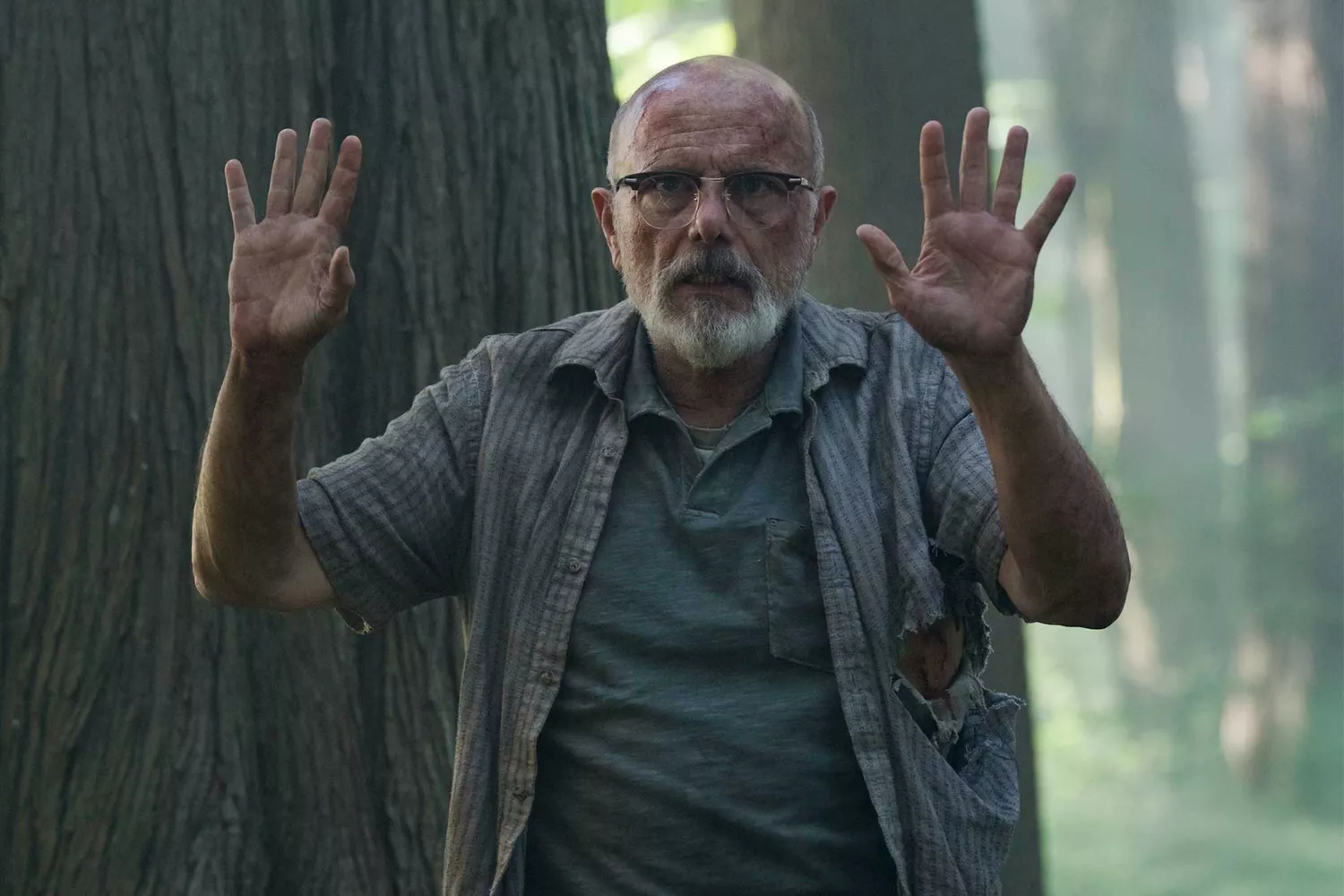
Her response is as devastating as it is hopeful. “I might not be able to forgive you,” she says. And then, with a trembling voice: “But I’d like to try.” It’s a crack of light in a relationship that has long lived in shadow. But we, the audience, know what she doesn’t yet: that there won’t be another chance. Joel’s fate has already been sealed, and Ellie’s path has already diverged.
This isn’t reconciliation. It’s the ghost of what might have been. A missed chance immortalized not in action, but in heartbreak. The episode ends not in closure, but in silence—Ellie walking through Seattle rain, heading for the stage where memory becomes revenge, and love becomes blood.
Of moths and men
Ellie’s recurring moth motif finally comes full circle in this episode. While Joel assumes it symbolizes transformation, Gail—played with biting weariness by Catherine O’Hara—offers another take: moths mean death. In that interpretation, Ellie’s fascination becomes a warning. She doesn’t see herself as a beacon of hope. She sees herself as the end of things.
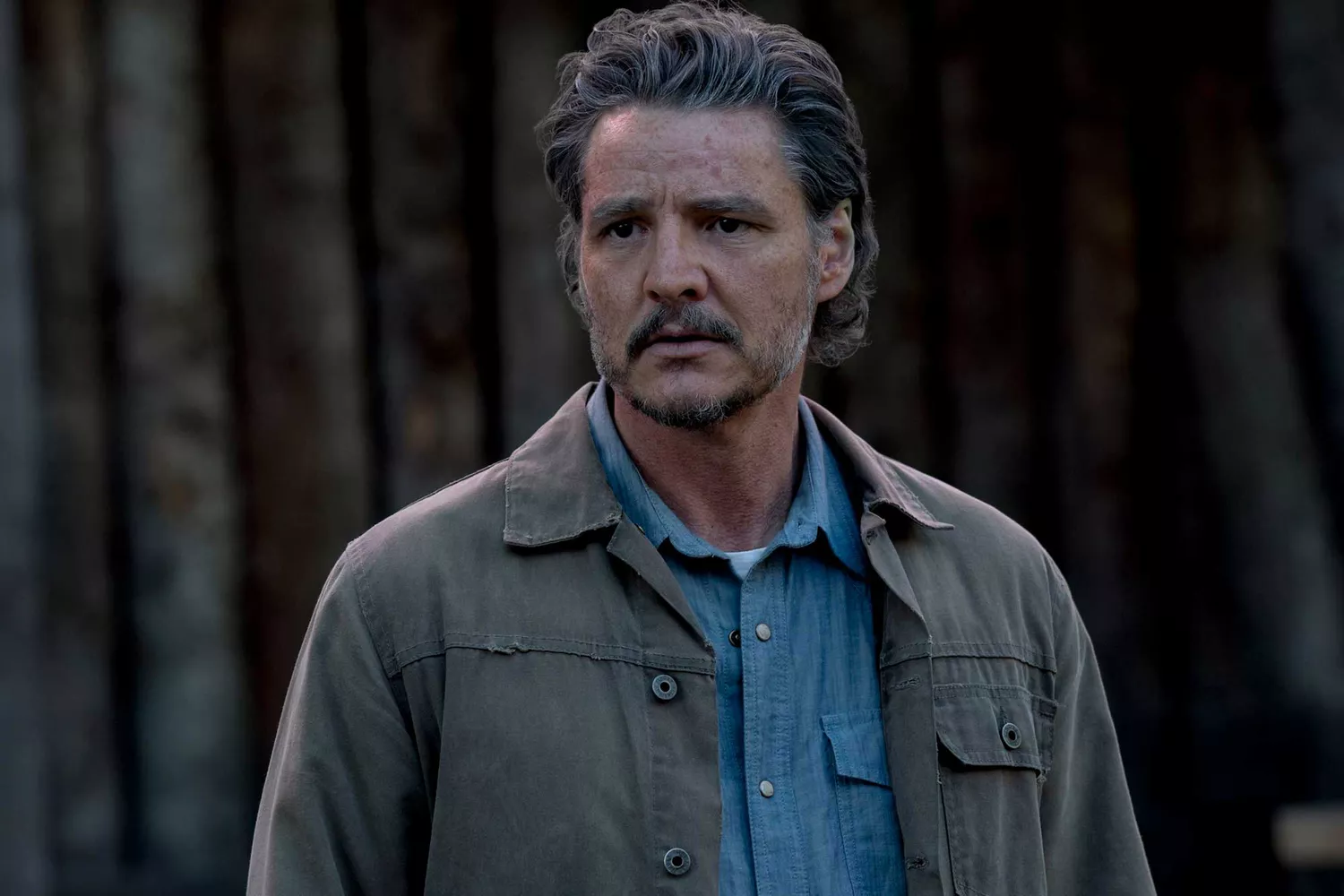
Throughout the episode, the moth appears again and again—on her sketches, her guitar, her skin. And written beside one drawing is a phrase Joel nearly misses: “You have a greater purpose.” But what is that purpose? To live? To die? To destroy? The Last of Us offers no easy answers, only echoes. Moths are drawn to light, even if it burns them. Ellie, too, follows the only thing she believes in—even if it ends her.
In this haunting, beautiful chapter, The Last of Us does what it does best: it builds you up just to break your heart. And it reminds us that in a world overrun by monsters, the deepest wounds are still made by love.





